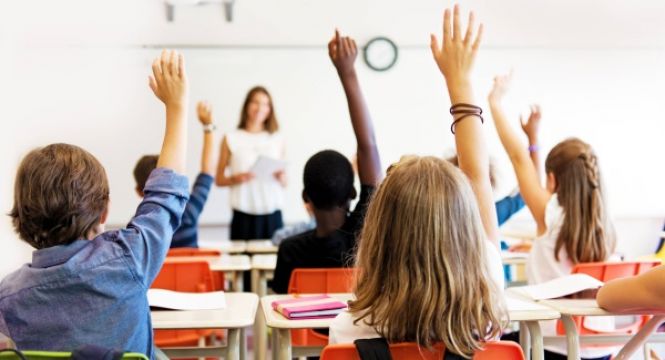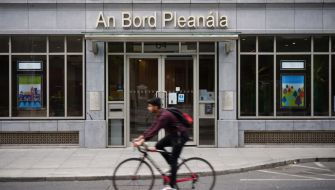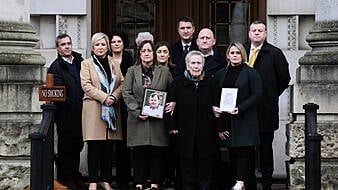A programme of testing for children is now being developed by public health officials, with the HSE and National Public Health Emergency Team working to give specific guidance to parents next week.
It comes as Tánaiste Leo Varadkar said outbreaks of Covid-19 within schools will be “inevitable” once they reopen at the end of the month, with his position now echoed by acting chief medical officer Dr Ronan Glynn.
I know the Department of Education and schools have been working really hard on this to minimise risk, but there is no zero-risk environment.
Dr Glynn said that outbreaks of the virus will be “virtually inevitable” when schools reopen as there is “no zero-risk environment”.
“I think there will be clusters, there will be cases, it’s virtually inevitable because this is an infectious disease that spreads when people congregate, when people come together,” he said.
“Schools have been preparing now for a number of months. There’s a whole range of measures that need to be put in place.
“I know the Department of Education and schools have been working really hard on this to minimise risk, but there is no zero-risk environment.”
Classroom cases
Reopening schools remains a priority of the Government, who announced plans at the end of July designed to reopen them safely, including enhanced cleaning regimes, investment in personal protective equipment and the hiring of more substitute teachers.
Dr Glynn has now ruled out a “blanket approach” to closures if a case of Covid-19 is confirmed, saying that health authorities would contact trace if a case was diagnosed in the classroom.
“It may need to happen that a school closes, but the hope would be that in the main, it would only be children in close contacts with a case who might have to restrict their movements,” he said.
“We have to balance the risk of infection versus their needs as children to educational attainment.”







